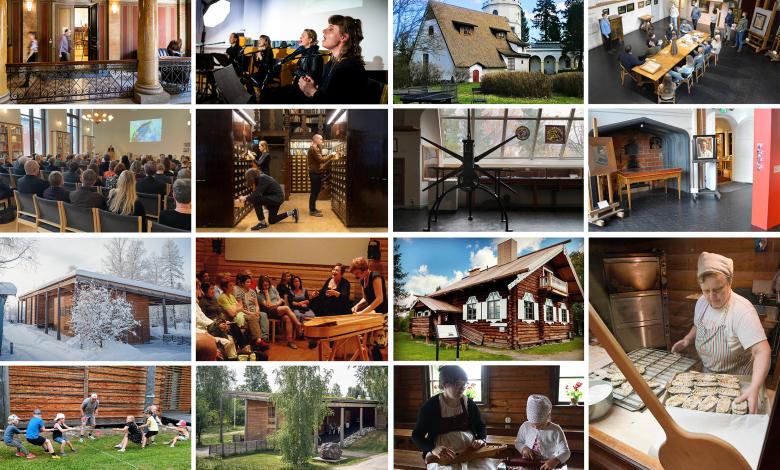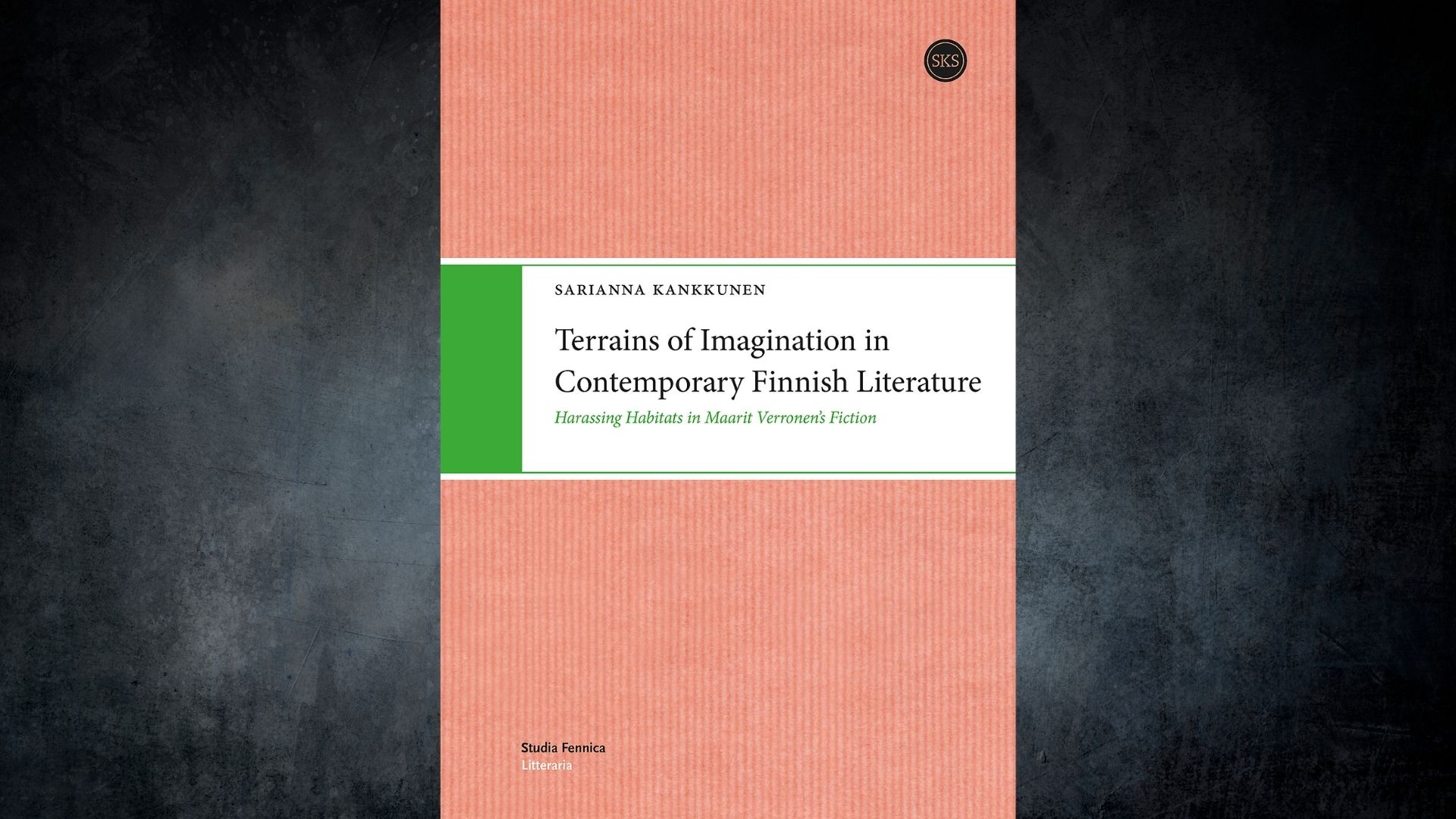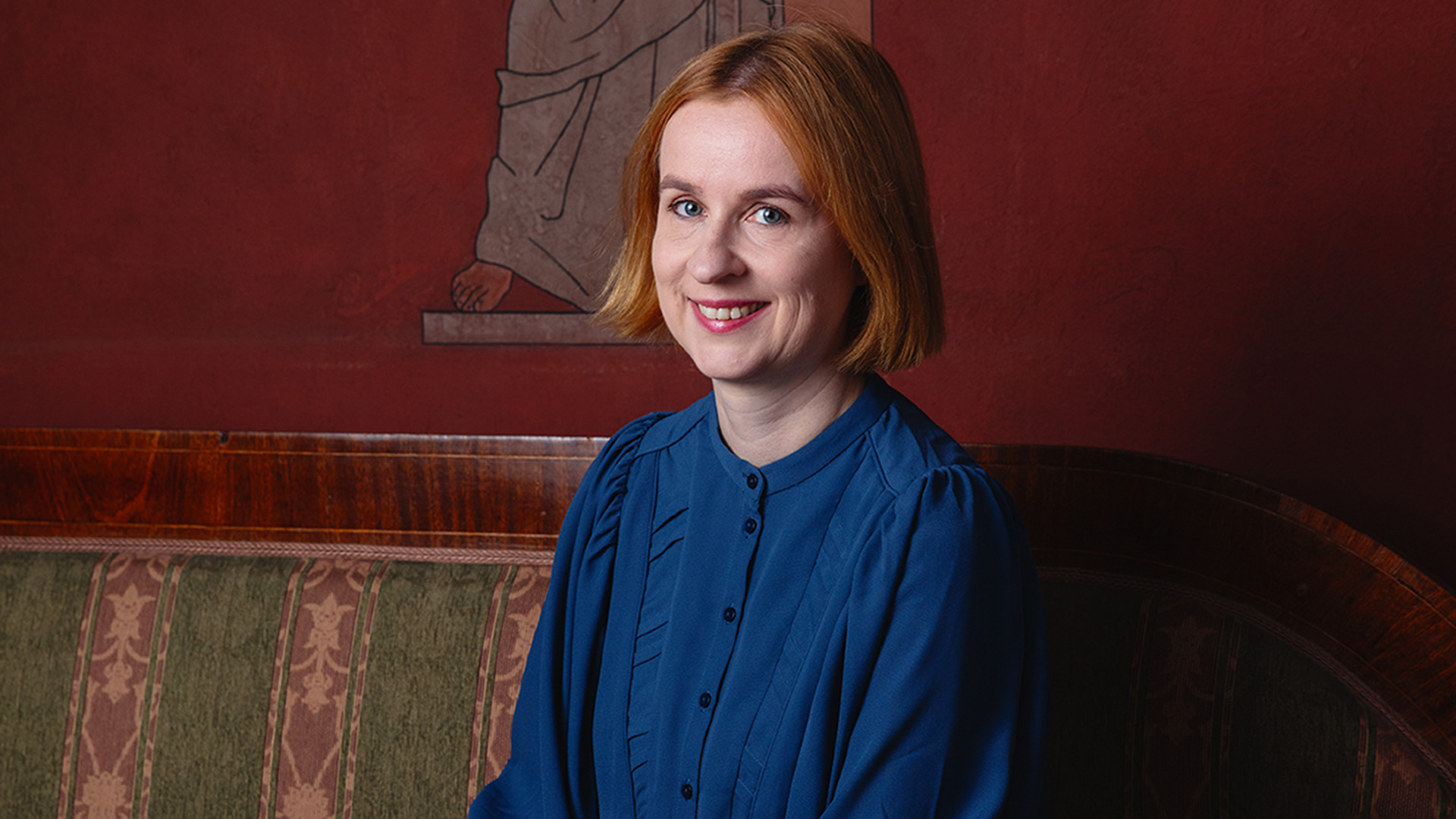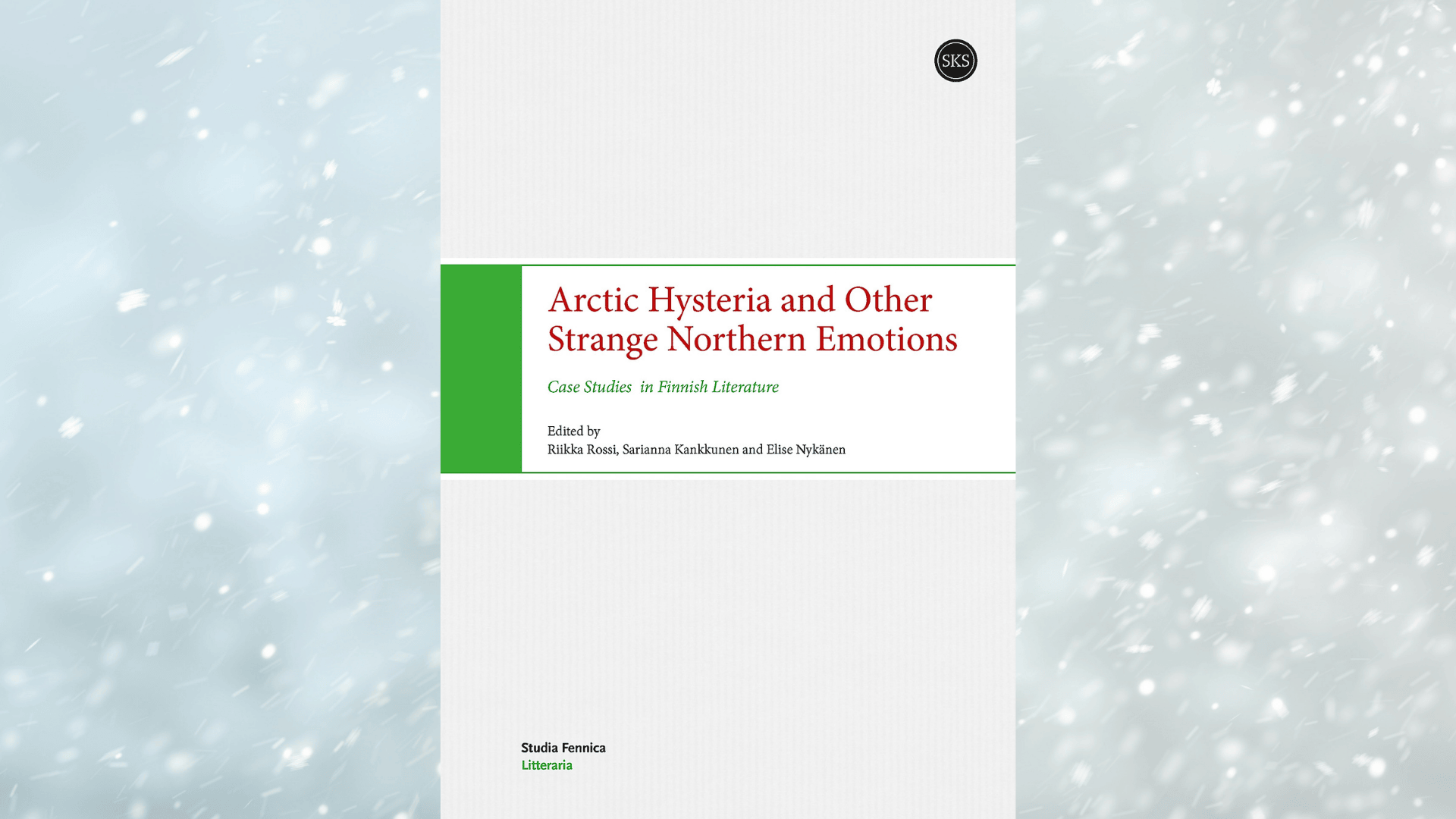Finland is seeking the European Heritage Label for The Kalevala – Living Epic Heritage

Finland is seeking the European Heritage Label for The Kalevala – Living Epic Heritage in order to make the epic available for everyone to experience and to promote the vitality of the epic tradition. The application has been sent to the European Commission on 1 March 2023.
The national thematic site consists of four subsites: Finnish Literature Society in Helsinki, Gallen-Kallela Museum in Espoo, Juminkeko in Kuhmo, and Parppeinvaara Rune Singer’s Village in Ilomantsi. The four sub-sites form a network of attractions in Finland.
The Finnish Literature Society (SKS) is the main applicant and the first subsite. SKS is a learned society that was the first publisher of the Kalevala. SKS partners in the project with the Kalevala Society Foundation, which promotes science and art related to the Kalevala and the European epic traditions, in addition to serving as the coordinator of the subsites and thematic network of cooperation.
In forthcoming years (2024–2028), two pedagogical projects, named The Kalevala – Epic Kaleidoscope and Epic Dialogue, will be initiated to support young people’s cultural heritage education and to increase awareness of the European significance of The Kalevala.
The Kalevala as living heritage
The Kalevala (1849) is an epic compiled of 50 poems of Karelian, Ingrian and Finnish origin that were originally meant to be sung. The poems are divided into 22,795 verses. Medical doctor and public educator Elias Lönnrot (1802–1884) wrote down the poems during his field trips in search of poetry and used and modified them to create a national epic, inspired by European epics (incl. the Iliad and the Odyssey) and the Romantic nationalism adopted by the educated classes.
The creation of the Kalevala was inspired by other European epics and it has had a strong social, cultural and political dimension: it has been – and still is – used to build identity and the ideals of Finnishness. The poems behind the epic are largely recorded from Karelia and the present-day eastern border of Finland, but compiled into an epic, the poems were put together to serve Finnish culture and national unity. There are also contradictions and tensions associated with the Kalevala, which also illustrate its great symbolic value.
As living heritage, the Kalevala is constantly being reinterpreted by individuals, communities, professionals and enthusiasts in heritage activities: metal music fans are interested in the mythology of the Kalevala and the themes of the Kalevala repeat in film adaptations of fantasy literature. As new expressions of cultural meanings of the epic, Kalevala-themed tattoos and crafts made by artisans, gain great visibility and attention in social media.
Translated into 18 European languages, the Kalevala is part of the discourse on European identities and shared cultural heritage. The Kalevala highlights the role of epics in building these identities. The epic is rooted in European intellectual history, and its modern significance is evident in the interest expressed by a number of European enthusiasts towards the mythology of the Kalevala and runosong singing tradition. There is an active public debate about whose legacy the epics represent.
The thematic network of cooperation
Finnish Literature Society
Gallen-Kallela Museum
Juminkeko Foundation
Parppeinvaara Runosinger’s Village
The Kalevala Society Foundation
Kalevala Women’s Association
Paikkari Cottage
Runosong Academy
The Karelian Association
Karelia University of Applied Sciences
The University of Turku
The University of the Arts Helsinki (UniArts)
The Finnish Cultural and Academic Institutes
Association of Cultural Heritage Education in Finland
Äidinkielen opettajain liitto (Association of Teachers of Finnish as a Mother Tongue)
The Karelian Youth League
Karelian Cultural Society




